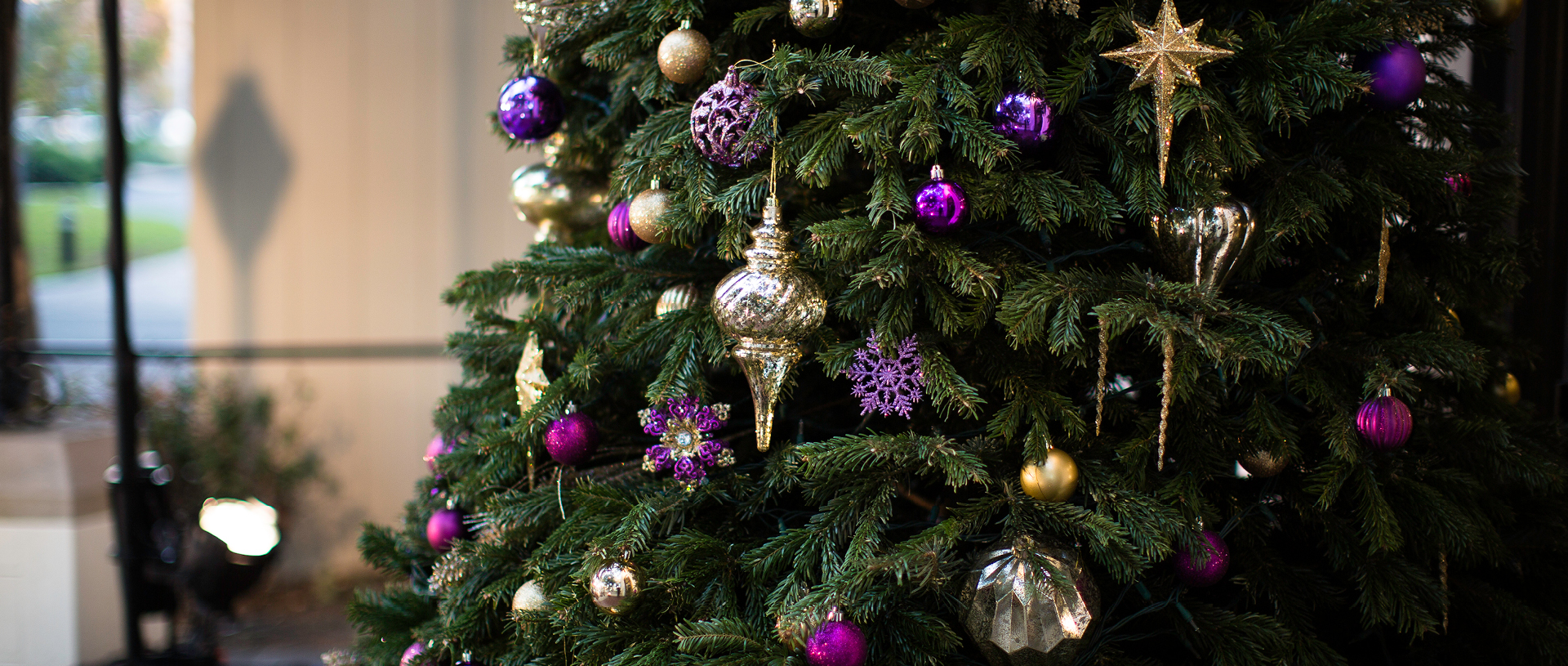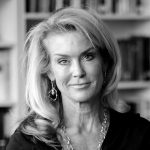
Every year, in my mind I trace the steps of Mary and Joseph on their pilgrimage to Bethlehem. What did they eat? What did it feel like to ride a donkey while pregnant? Was Joseph embarrassed? What kind of shoes did they wear (surely, not Nike Airs)? This year, as I imagined their steps and the air they breathed, I thought at first how radically different their journey was from our lives in 2020. They were headed to the epic nativity, while we are stuck in quarantine captivity.
But then I realized it was actually a census that instigated their journey. For those of us living in the US, we filled out this year’s census paperwork in a hurry. Although we have not been sent home to our birth place, we have been sent home to shelter-in-place. Mary was pregnant for nine months. We have been home for nine months. Waiting. Waiting. Waiting.
Waiting for what? Did Mary know what she was waiting for? Did she know she was waiting for shepherds and for Magi? For the God of the universe to be born as her son? Do we know what we await? I thought I knew what I was waiting for six months ago: life and normalcy after COVID-19. Now, I’m not so certain. However, like Mary, I imagine that our world will be turned upside down. Regardless of earthly disorder, we can be confident that we are living into God’s new order.
Advent is a time of invitation. It is a time of anticipation and preparation. As such, Advent opens me up to possibilities and offers a threshold of wonder—a span of four weeks that serves to transport me from the ordinary to the extraordinary, from the expected to the unexpected, from the end of one year to the beginning of the next.
As we anticipate and prepare for the birth of Christ, Advent allows us to slow down to savor the way the sacred shatters our earthly ordered existence tethered to the rules of science and civic order. We prepare to pause and consider this portal of grace—the manger, where God pierced our reality and entered into our most ordinary existence as a babe amongst livestock, humble parents, and the civic duty of a census.
This year, I am particularly captivated by that civic duty. As I consider the historical threshold that we are on—waiting for a new president’s inauguration in the midst of the most socially and politically divided era—I pause to ponder Emmanuel, God with us. From his birth, Jesus drew diverse persons to him, from lowly shepherds to the Magi of distant lands. How in this divided time will we enact our faith and bring people together?
Among the mess of common civic life, God continues to draw near. Our God is here. God entered into the manure-filled manger, potent with the promise of bringing grace, love, and justice to this world. Our God is the God who said, “Follow me.” (And I don’t think Jesus meant his Instagram.) Where and how is God inviting you to follow Christ this year? How is God nudging you to embody your faith, embedded in a specific local and national context, and enacted in a way that continues God’s work in our world?
We are in an era where congregations can no longer serve as still steeples pointing to heaven. We must be active agents of transformation in our communities, in our country, in God’s creation. I often write about thriving, and I believe the fullest expression of thriving is participating in God’s redeeming and flourishing work in this world as our unique selves. Recent research by the Fetzer Institute demonstrates most Americans’ spirituality is linked to civic and prosocial behavior. How is God asking you to be his agent of restoration and flourishing in your civic context in 2021?
As you contemplate the gift of the nativity, and you wait in quarantine captivity, how is God inviting you to participate in his ongoing work in this world? As you step into the new year, have confidence that God is already working toward a new order among us and be mindful of how God is inviting you to be on board—and perhaps this involves bringing the sacred into the civic.
Pamela Ebstyne King is the Peter L. Benson Associate Professor of Applied Developmental Science at the School of Psychology.
Every year, in my mind I trace the steps of Mary and Joseph on their pilgrimage to Bethlehem. What did they eat? What did it feel like to ride a donkey while pregnant? Was Joseph embarrassed? What kind of shoes did they wear (surely, not Nike Airs)? This year, as I imagined their steps and the air they breathed, I thought at first how radically different their journey was from our lives in 2020. They were headed to the epic nativity, while we are stuck in quarantine captivity.
But then I realized it was actually a census that instigated their journey. For those of us living in the US, we filled out this year’s census paperwork in a hurry. Although we have not been sent home to our birth place, we have been sent home to shelter-in-place. Mary was pregnant for nine months. We have been home for nine months. Waiting. Waiting. Waiting.
Waiting for what? Did Mary know what she was waiting for? Did she know she was waiting for shepherds and for Magi? For the God of the universe to be born as her son? Do we know what we await? I thought I knew what I was waiting for six months ago: life and normalcy after COVID-19. Now, I’m not so certain. However, like Mary, I imagine that our world will be turned upside down. Regardless of earthly disorder, we can be confident that we are living into God’s new order.
Advent is a time of invitation. It is a time of anticipation and preparation. As such, Advent opens me up to possibilities and offers a threshold of wonder—a span of four weeks that serves to transport me from the ordinary to the extraordinary, from the expected to the unexpected, from the end of one year to the beginning of the next.
As we anticipate and prepare for the birth of Christ, Advent allows us to slow down to savor the way the sacred shatters our earthly ordered existence tethered to the rules of science and civic order. We prepare to pause and consider this portal of grace—the manger, where God pierced our reality and entered into our most ordinary existence as a babe amongst livestock, humble parents, and the civic duty of a census.
This year, I am particularly captivated by that civic duty. As I consider the historical threshold that we are on—waiting for a new president’s inauguration in the midst of the most socially and politically divided era—I pause to ponder Emmanuel, God with us. From his birth, Jesus drew diverse persons to him, from lowly shepherds to the Magi of distant lands. How in this divided time will we enact our faith and bring people together?
Among the mess of common civic life, God continues to draw near. Our God is here. God entered into the manure-filled manger, potent with the promise of bringing grace, love, and justice to this world. Our God is the God who said, “Follow me.” (And I don’t think Jesus meant his Instagram.) Where and how is God inviting you to follow Christ this year? How is God nudging you to embody your faith, embedded in a specific local and national context, and enacted in a way that continues God’s work in our world?
We are in an era where congregations can no longer serve as still steeples pointing to heaven. We must be active agents of transformation in our communities, in our country, in God’s creation. I often write about thriving, and I believe the fullest expression of thriving is participating in God’s redeeming and flourishing work in this world as our unique selves. Recent research by the Fetzer Institute demonstrates most Americans’ spirituality is linked to civic and prosocial behavior. How is God asking you to be his agent of restoration and flourishing in your civic context in 2021?
As you contemplate the gift of the nativity, and you wait in quarantine captivity, how is God inviting you to participate in his ongoing work in this world? As you step into the new year, have confidence that God is already working toward a new order among us and be mindful of how God is inviting you to be on board—and perhaps this involves bringing the sacred into the civic.

Pamela Ebstyne King is the Peter L. Benson Associate Professor of Applied Developmental Science at the School of Psychology.
Vince Bantu, assistant professor of church history and Black church studies, reflects on how Christmas—a story of disruption—challenges us to stand with the marginalized and the oppressed.